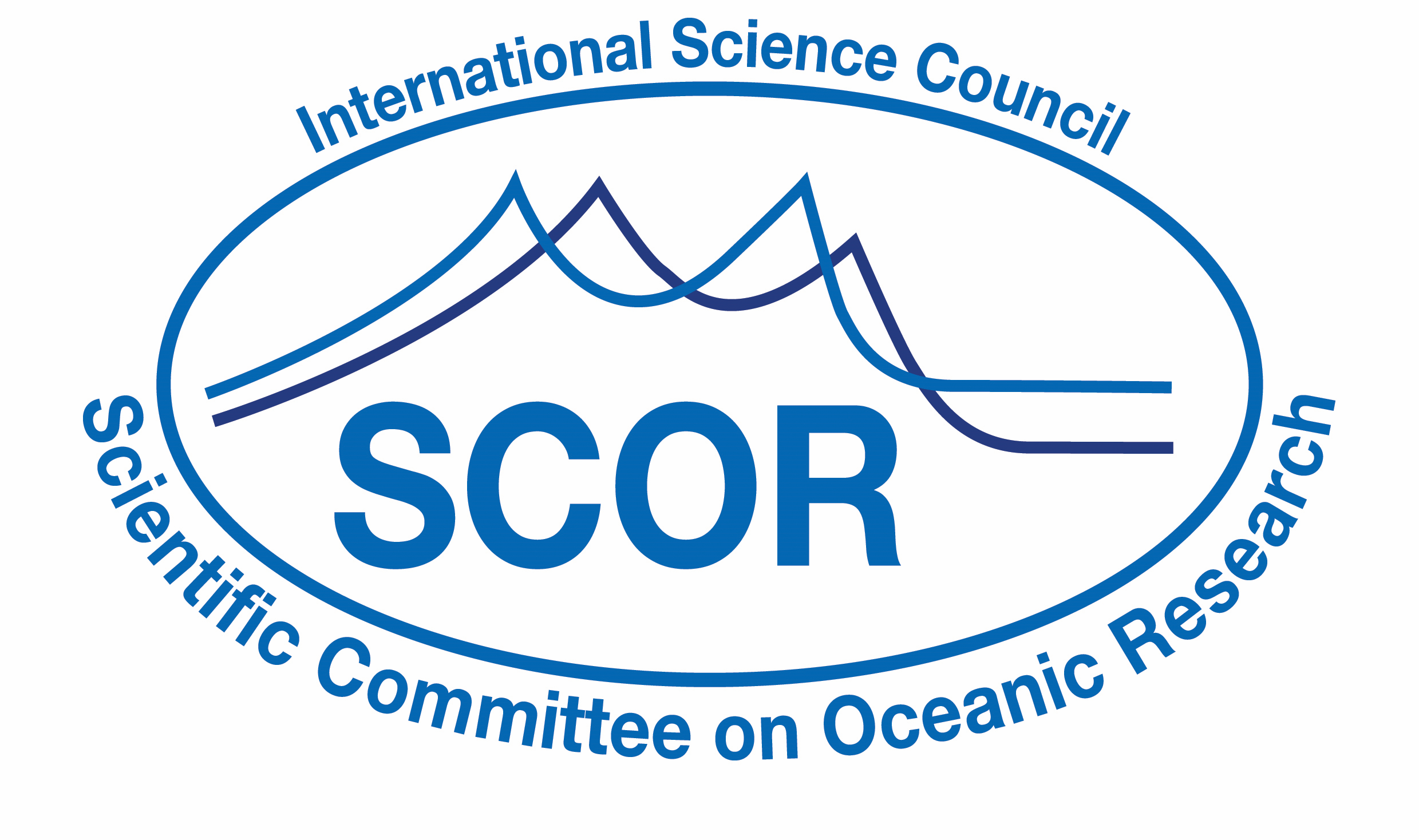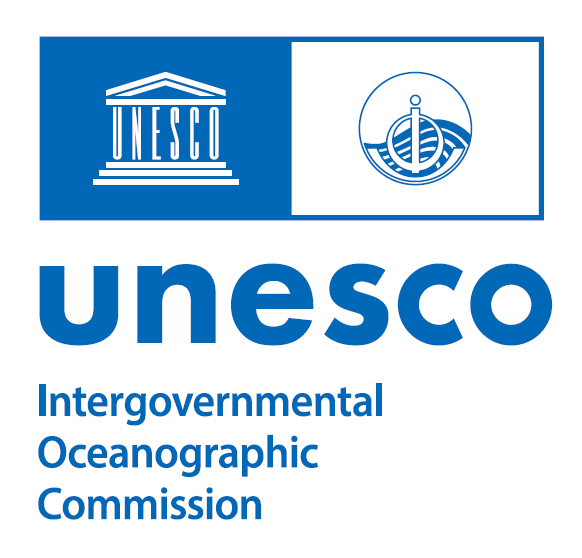17-19 October 2019, Victoria, B.C. Canada
Over the last two decades, several reports have compiled what is known about the economic effects of harmful algal blooms. However, both the type and amount of available data are limited, and these reports largely have been compiled by marine scientists rather than economists. Most coastal states have neither conducted economic analyses of HABs nor collected data that can be used to generate reliable quantitative estimates of net economic impacts.
This workshop will provide science-based progress towards achieving ocean Sustainable Development Goals. The output will be a guide on best practices for quantifying economic effects of HABs that focuses on establishing connections between HAB researchers and economists. A shorter version of the guide may be prepared for submission to a journal. The workshop also will (1) set priorities for the future, (2) develop partnerships among social scientists, economists and HAB researchers, and (3) hopefully, attract resources to the field.
Activity W18
Convenors:
Vera L. Trainer (USA), corresponding
Keith Davidson (ICES, WGHABD)
Kazumi Wakita (Japan)
The final agenda can be found here
Outcome: The 2020 PICES Scientific Report (No. 59), titled GlobalHAB: evaluating, reducing and mitigating the cost of harmful algal blooms: a compendium of case studies can be downloaded here:https://meetings.pices.int/publications/scientific-reports

